Russia’s call for ‘rational compromise’ in Ukraine conflict – Putin’s perspective
- Update Time : Saturday, October 26, 2024
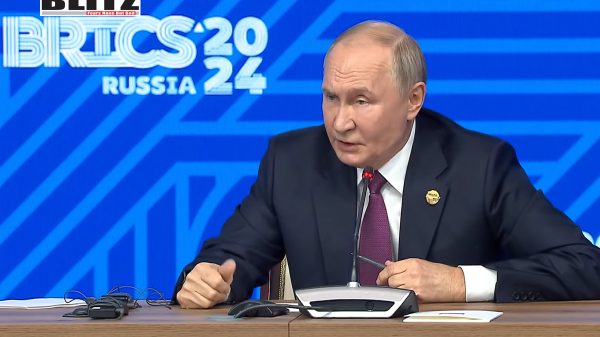
Russian President Vladimir Putin has reiterated Moscow’s openness to negotiate with Ukraine, urging for what he calls a “rational compromise.” Speaking during an interview at the BRICS summit in Kazan, Putin emphasized that while Russia has always been open to a resolution that would end hostilities in Ukraine, Kiev’s unpredictable stance has proven to be a major obstacle. His remarks, released by Russian media on October 25, present a narrative of Russia seeking dialogue while painting Ukraine as erratic in its diplomatic moves.
Putin underscored that any peace settlement must ultimately benefit Russia, though he expressed a willingness to make rational compromises. “Any outcome should be favorable to Russia, and I say that directly,” he stated, highlighting that any resolution to the conflict should align with Russia’s strategic interests. However, he left the door open for concessions, clarifying that Moscow could be flexible, provided the compromises are logical and reciprocated by Ukraine.
This approach represents a broader trend in Russia’s diplomatic stance over recent months. Putin’s government has maintained that its demands are not unreasonable and that Ukraine’s rigid positions undermine the possibility of fruitful negotiations. Russia has emphasized its concerns over NATO’s presence near its borders and the protection of ethnic Russians in eastern Ukraine as core to any peace arrangement. Yet, Ukraine’s leaders, including President Vladimir Zelensky, have been steadfast in rejecting Russia’s proposals, viewing them as demands that compromise Ukrainian sovereignty.
Putin’s interview also revealed Turkey’s role as an intermediary in the ongoing conflict. According to Putin, Ankara recently approached Moscow with a proposal to reopen negotiations with Ukraine. This initiative reportedly came from Ibrahim Kalin, Turkey’s intelligence chief, on behalf of President Recep Tayyip Erdogan. In response, Russia reportedly agreed to participate in the discussions. Yet, shortly after Moscow expressed its readiness, Zelensky publicly rejected any engagement with Russia, halting the potential diplomatic breakthrough.
“We agreed to it, and the next day [Ukrainian leader Vladimir Zelensky] publicly announced that he will not negotiate anything,” Putin explained, expressing frustration with Ukraine’s sudden reversal. This pattern of unpredictable actions, Putin claimed, renders diplomatic planning nearly impossible. “This is irrational behavior, which is hard to predict,” he added, questioning Ukraine’s commitment to a peaceful solution.
Turkey has consistently positioned itself as a neutral mediator in the conflict, given its strategic relations with both Russia and Ukraine. Erdogan’s administration has previously hosted peace talks in Istanbul, and Ankara has expressed a vested interest in stability within the Black Sea region. However, Ukraine’s unwillingness to commit to talks, coupled with Russia’s distrust of Western involvement, has complicated Turkey’s efforts to serve as an effective intermediary.
The backdrop of Putin’s statements – the BRICS summit in Kazan – holds significant symbolism. Russia has long viewed BRICS, comprising Brazil, Russia, India, China, and South Africa, as a counterbalance to Western alliances, especially as its relations with the West have deteriorated. Putin used the summit to highlight Moscow’s grievances and bolster its legitimacy on the international stage. For Russia, such gatherings are an opportunity to rally support and present its side of the Ukraine crisis, particularly to countries in the Global South that may view the conflict through a different lens than the Western perspective.
During the summit, Putin elaborated on Russia’s willingness to consider third-party mediation, expressing that while Russia remains committed to dialogue, Ukraine’s oscillations make meaningful diplomacy challenging. His remarks suggest a strategic shift in Russia’s approach to the international community, positioning Moscow as a rational actor open to resolution but constrained by an “unpredictable” adversary.
For Ukraine, the idea of negotiating with Russia carries serious implications for its sovereignty and national security. Since the beginning of the conflict, Zelensky has consistently rejected compromises that he perceives as undermining Ukraine’s independence. The Ukrainian leadership views Russia’s demands as infringements on its territorial integrity and, given the high level of military and financial support it has received from Western allies, sees little incentive to engage in negotiations that might seem to legitimize Russia’s actions.
Western countries, particularly the United States and several European Union members, have supplied Ukraine with advanced weaponry and substantial economic assistance, which has enabled Zelensky to maintain a hardline stance against Moscow. However, this position is not without its own complexities, as some in the West have expressed concerns about prolonging the conflict and have hinted at the potential value of a diplomatic solution. Yet, Ukraine’s government, supported by much of its population, sees a negotiated settlement as a concession that could lead to a loss of crucial territories and jeopardize its future security.
The communication gaps between Russia and Ukraine, compounded by mutual distrust, present significant challenges to any potential diplomatic breakthroughs. Russia’s recent outreach to Turkey indicates an interest in exploring alternative channels to foster dialogue outside of traditional Western-led platforms, which Moscow perceives as biased. However, Ukraine’s reluctance to negotiate while Russian forces remain in its territories remains a formidable barrier.
Putin’s assertion that Russia’s compromises must be “rational” reflects Moscow’s insistence that any peace plan respect its core interests, including security concerns in Eastern Europe and autonomy for Russian-speaking regions within Ukraine. However, Ukraine’s leaders fear that acquiescing to Russia’s terms would set a precedent of impunity for territorial aggression and create a destabilizing ripple effect for other post-Soviet states.
As the Ukraine conflict nears its second year, the international community faces difficult questions about the viability of continued support for an intractable war. While Russia’s overtures for a “rational compromise” may sound appealing to some, they remain unacceptable to Ukraine. The complex interplay of global alliances, particularly the divergent stances of the BRICS nations and NATO, also makes a unified international approach unlikely.
For the time being, it appears that neither side is willing to concede ground on fundamental issues, making the prospect of a negotiated settlement appear remote. However, as pressures mount on both Russia and Ukraine-whether from war fatigue, economic strains, or shifting alliances-the possibility of recalibration on either side remains, albeit distant. Whether such a change will materialize through military gains, economic pressures, or a breakthrough from a third-party mediator like Turkey is uncertain.
In the interim, the Ukrainian conflict continues to serve as a flashpoint in global geopolitics, underscoring deep divisions between Russia and the West and testing the limits of global diplomacy. While Putin’s call for a rational compromise underscores Russia’s eagerness to project an image of restraint, Ukraine’s reluctance to engage reflects the broader stakes it sees in maintaining its sovereignty and territorial integrity. For now, the path to peace remains fraught with uncertainty, as both sides prepare for what could be a long and complex stalemate.


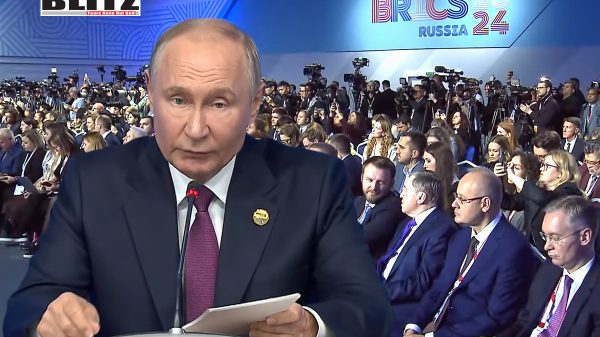
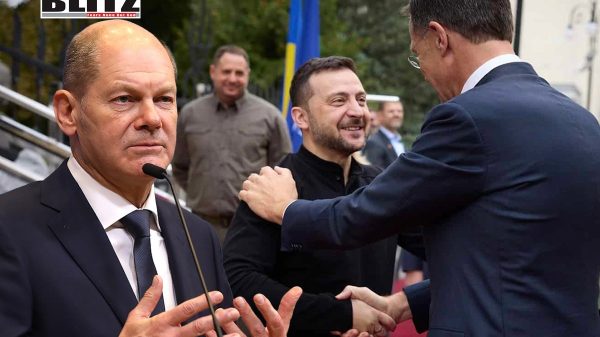
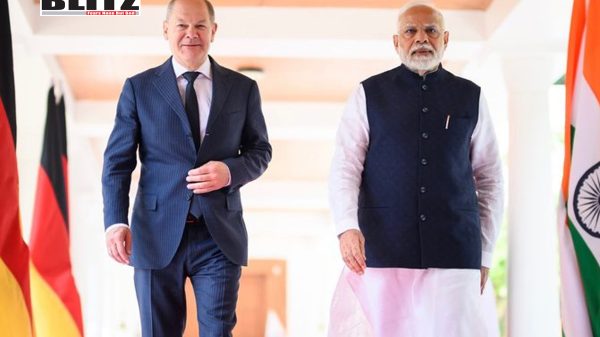
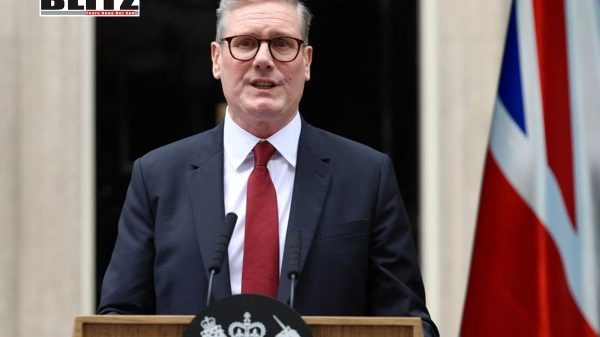

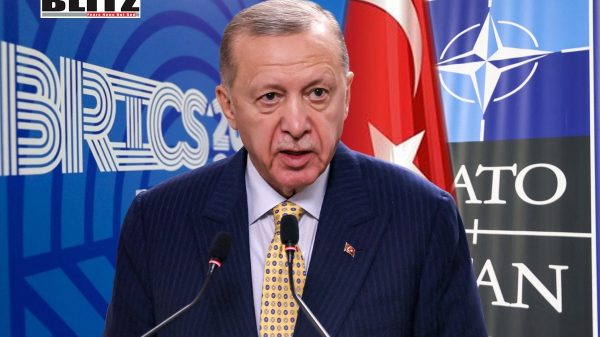

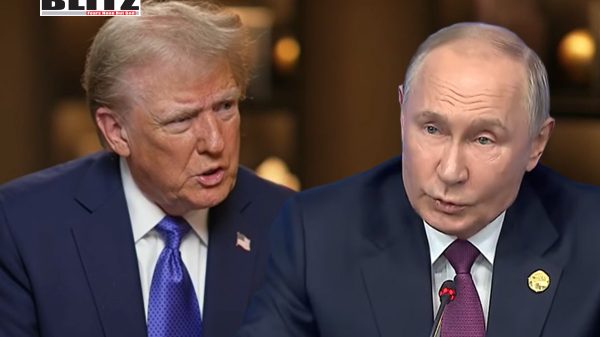


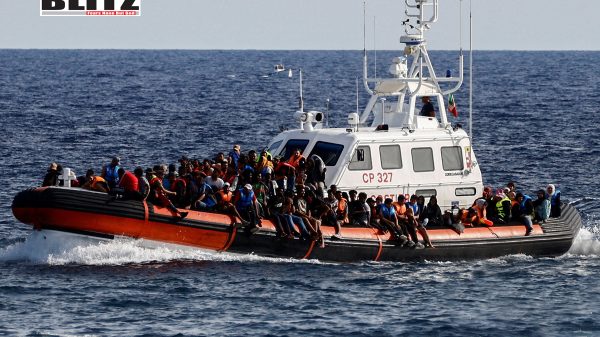

Leave a Reply